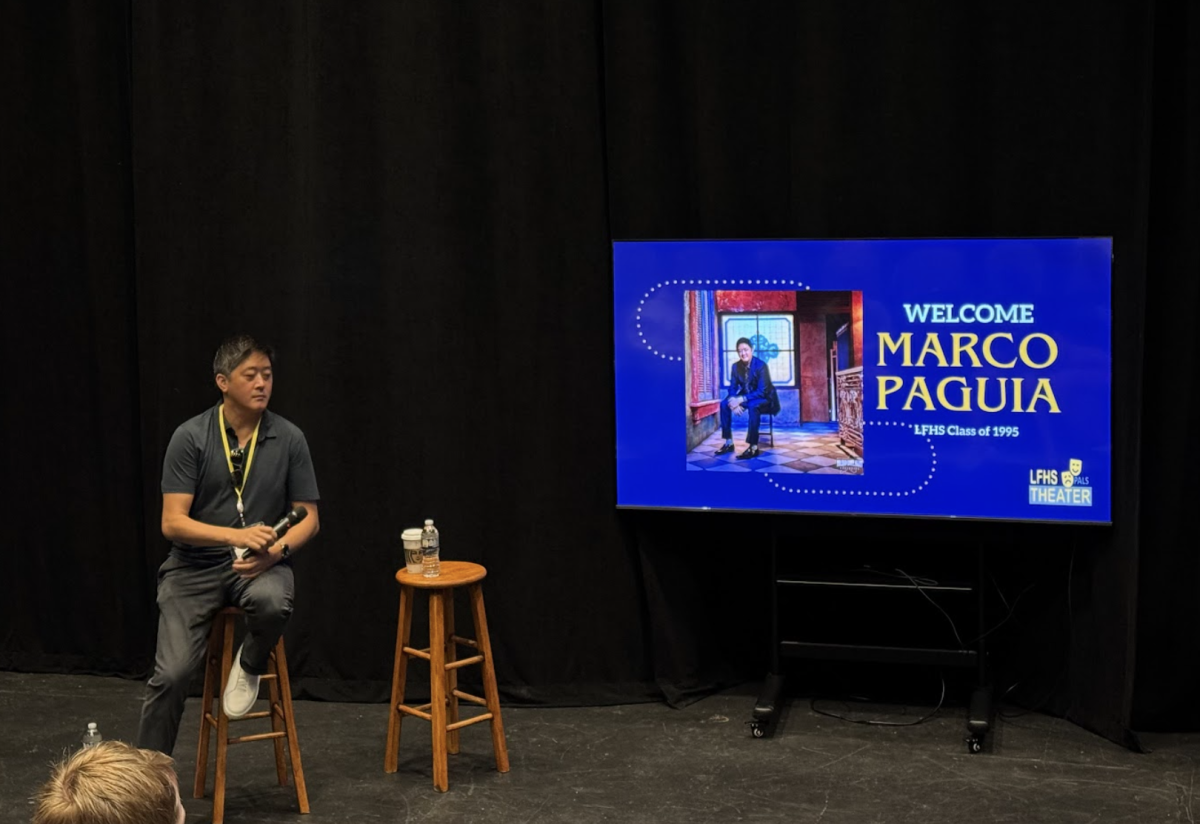This fall, Lake Forest High School introduced Gemini AI accounts on student computers; this gave students and faculty access to one of the most advanced artificial intelligence tools available. Gemini’s new implementation will be a useful instrument to learn and create, but students are responsible for following the school’s guidelines on how to fairly use it.
One of the LFHS standards is to uphold academic integrity. It can be tricky to detect AI off the bat, but with new tools, teachers can view students’ revision histories to ensure their works were not plagiarized. If a student is caught using AI dishonestly—depending on the level of the offense—they may receive a zero for the assignment, be sent to the deans, and their parents will be notified.
So what does this mean for LFHS students?
Outside the classroom, AI is meant to make previously inaccessible information easily available. If someone was researching their medical symptoms, they could plug them into AI and receive a possible diagnosis along with possible treatments. This can be helpful, but English Instructional Director Kristen Carlson believes, “the human factor is missing.”
 “The concern with this use, however, is that these platforms have inherent bias. The medical professionals do the work of interviews, contextualization, and practice; the overreliance on a bot to do the thinking for a person is perhaps glossing over flaws in the logic or research of the journal,” Carlson said.
“The concern with this use, however, is that these platforms have inherent bias. The medical professionals do the work of interviews, contextualization, and practice; the overreliance on a bot to do the thinking for a person is perhaps glossing over flaws in the logic or research of the journal,” Carlson said.
It’s been a recent discussion that if students rely on AI too much, they won’t develop their own critical thinking skills.
“In the English Department, we focus on the clarity and consistency of our expectations around AI. We talk to the students about why we want them to take on the challenges in narrative and academic writing—and it is challenging,” Carlson said. “I don’t know that we can prevent students from using it—students are creative in their workarounds—but we do have a series of processes that reinforce our prioritization of students’ ideas and voices.”
Students have mixed feelings on AI in general. Is using AI ethical, or is it not?
“AI is not only used to cheat. I would never ask AI to write me an essay, but if I’m having trouble understanding a topic, I might ask it to explain it to me,” senior Claire Lynch said. “I think AI is constantly shone in a negative light, but it really can be a helpful tool when you learn to responsibly use it and not abuse it.”
Across the board, students and teachers agree there is a fine line between responsible and irresponsible use.
“One thing is for certain: AI is here whether we like it or not. I think educators should be exploring its potential as a powerful learning resource. In an ideal situation, AI can offer students very immediate and personalized learning,” English teacher Mr. Christopher Finley said.
Along with educators like Mr. Finley, students also view AI as a tool—especially in courses that have real world applications.
“In my business accelerated class, we are encouraged to use AI to write business statements, paperwork and even presentations. Our business teachers told us that people in the real world use AI, so why shouldn’t we?” senior Maddie Rode said.
In school, students are guided to interact with AI when brainstorming new ideas, organizing thoughts and research, or checking grammar. They are supposed to stay away from AI when writing essays in full, using AI ideas as their own, and copying answers without fully understanding them.
“In the words of Dr. Dewar, you export your critical thinking to something that is ‘artificial’,” Carlson said.







